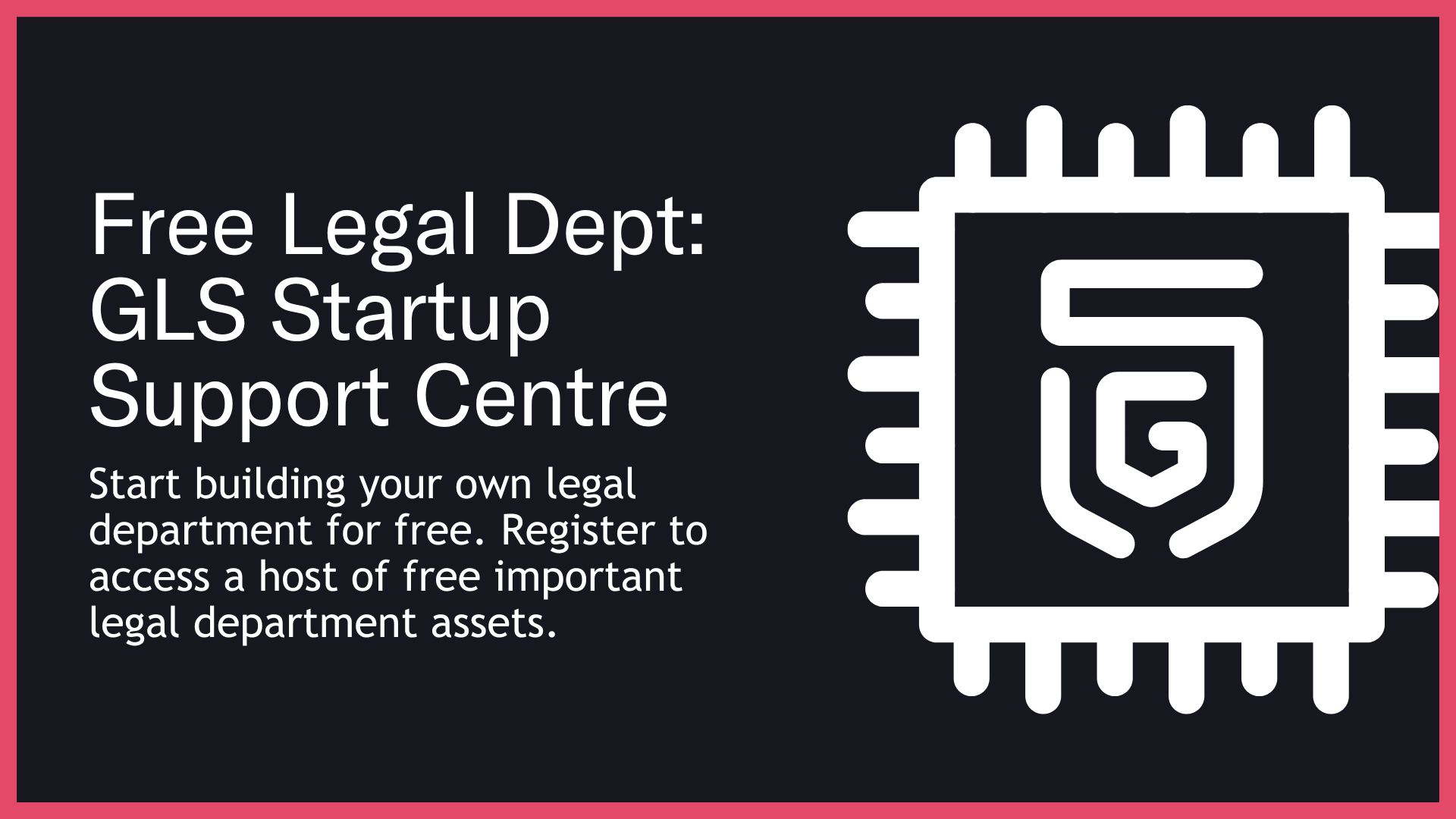GLS Legal Support Centre
Legal Made Easy For Startups
Back
IP Registration
Introduction
“If you don’t register what’s yours, someone else will - and they’ll have the law on their side.” – Matt Glynn
IP registration is the process of formally protecting certain forms of intellectual property through official registries, granting you statutory rights against others. For startups, this decision can be tricky: registering early locks in rights, but it comes at a cost.
Commonly registered IPR includes trademarks (protecting brand names, logos, and slogans) and patents (protecting inventions). Founders must decide where to register - just in the home market or internationally - and, in the case of trademarks, in which classes. The more classes and jurisdictions, the higher the cost. Delay too long, and you risk losing your rights to opportunistic competitors.
IP Registration – What Is It?
PAA: What is IP registration?
IP registration is the process of applying to an official authority (like the USPTO, EUIPO, or WIPO) to gain legal recognition and statutory protection for your intellectual property, such as trademarks, patents, or industrial designs.
PAA: Why is IP registration important for startups?
It gives you enforceable rights that are far stronger than unregistered rights, making it easier to stop others from infringing or misappropriating your IP.
Why This is Important
This is an important stage of the start-up journey because:
◼️Statutory rights – Registered IPR offers clear, enforceable legal rights.
◼️Market exclusivity – Prevents competitors from using similar marks or inventions.
◼️Investor appeal – Demonstrates asset control and professionalism.
◼️Global reach – International registrations protect in multiple jurisdictions.
◼️Brand defence – Stops others from taking your brand in key markets.
◼️Licensing potential – Registration supports monetisation and franchising.
◼️Deterrent effect – Registered status discourages infringement.
PAA: What types of IP can be registered?
In most jurisdictions: trademarks, patents, industrial designs, and in some cases, plant varieties and geographical indications. Copyright typically arises automatically without registration in many countries.
PAA: Does registration mean worldwide protection?
No - IP rights are territorial. You must apply separately in each jurisdiction or via treaties like the Madrid Protocol or the Patent Cooperation Treaty (PCT).
Consequences of Not Addressing This Issue
1. Legal Implications
◼️Losing the right to use your own brand in certain countries.
◼️Being forced to rebrand after years of market presence.
2. Founder Relationship Issues
◼️Disputes if founders register IP personally instead of in the company’s name.
3. Commercial Implications
◼️Competitors registering your brand and blocking market entry.
◼️Reduced licensing opportunities without registered rights.
4. Operational Implications
◼️Disruption in marketing and product distribution if brand use is challenged.
5. Biz Valuation Issues
◼️Lower valuations if your IP portfolio lacks registered assets.
◼️Investor hesitation due to weak legal protection.
PAA: What happens if I don’t register my trademark or patent?
You may rely on limited unregistered rights, which are harder to enforce and often weaker internationally.
What You Should Be Doing
◼️Identify registrable IP – Review your IPR for eligibility (trademarks, patents, designs).
◼️Choose jurisdictions – Balance market priorities with budget.
◼️Select classes – For trademarks, choose relevant goods and service classes strategically.
◼️File early – Apply before public disclosure for patents; register trademarks before launch.
◼️Consider treaties – Use the Madrid Protocol or PCT to streamline multi-country filings.
◼️Renew and maintain – Track deadlines to keep rights active.
PAA: When should a startup register its trademark?
Ideally before launch, to prevent others from registering it first.
PAA: How much does IP registration cost?
Costs vary by jurisdiction, type, and scope. Expect hundreds to thousands of dollars per filing, with international filings multiplying costs quickly.
Juicy Case Studies
Burger King – Brand Locked Out in Australia
When Burger King entered Australia, it couldn’t use its own name because a local takeaway had already registered the trademark. The brand had to operate as “Hungry Jack’s,” and decades later, a franchise dispute erupted partly because of brand control complexities.
Tesla Motors – Buying Back Its Own Name in China
Tesla’s China launch was delayed after a businessman pre-registered the “Tesla” trademark in 2006. Tesla eventually paid a reported multi-million-dollar settlement to reclaim the name, underscoring the cost of late registration.
Apple – The iPad Battle in China
Apple faced a major legal battle with Proview Technology, which claimed ownership of the “iPad” trademark in China. Apple settled for $60 million to secure the rights - a costly lesson in ensuring global trademark coverage before launch.
PAA: What are famous IP registration disputes?
Cases like Apple’s “iPad” in China, Tesla’s brand in China, and Burger King’s Australian brand lockout are high-profile examples of the cost of failing to secure registrations early.
Final Thoughts
IP registration is a balancing act for startups: the need to protect your future versus the reality of limited funds. Delay can save money now but cost millions later. Strategic, early action on your most valuable intellectual property is an investment in your brand’s survival and growth.
How GLS Can Help You
◼️Identifying registrable IP assets
◼️Jurisdiction and class selection strategy
◼️Trademark, patent, and design filings
◼️International filing via Madrid Protocol or PCT
◼️Cost management strategies for global filings
◼️Renewal and maintenance systems
◼️IP portfolio expansion planning
◼️Dispute resolution for registration conflicts
◼️Due diligence support for funding/M&A
◼️Ongoing IP protection and enforcement

